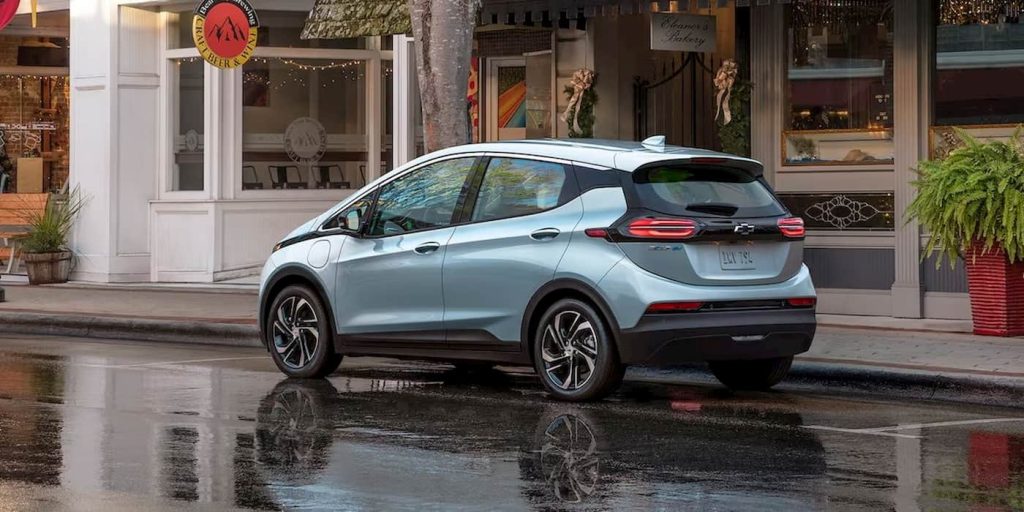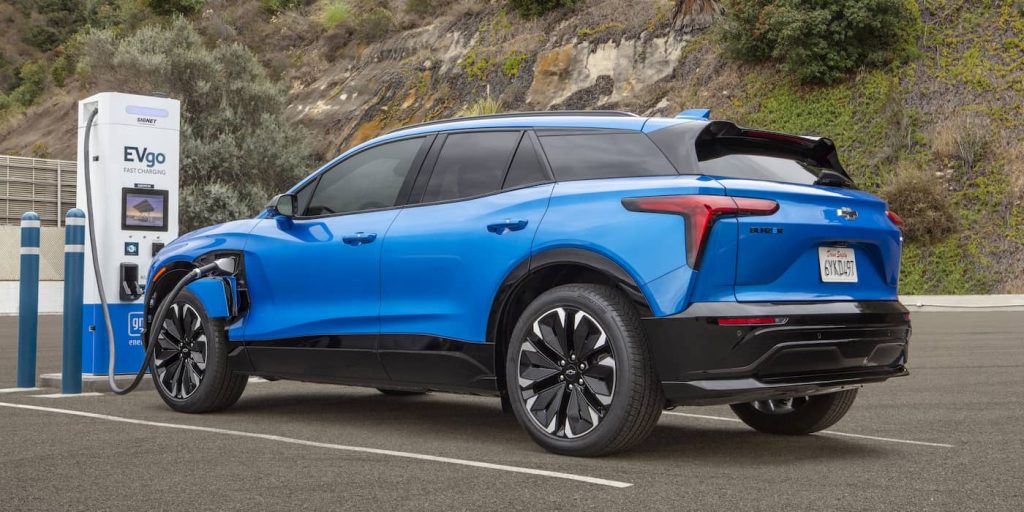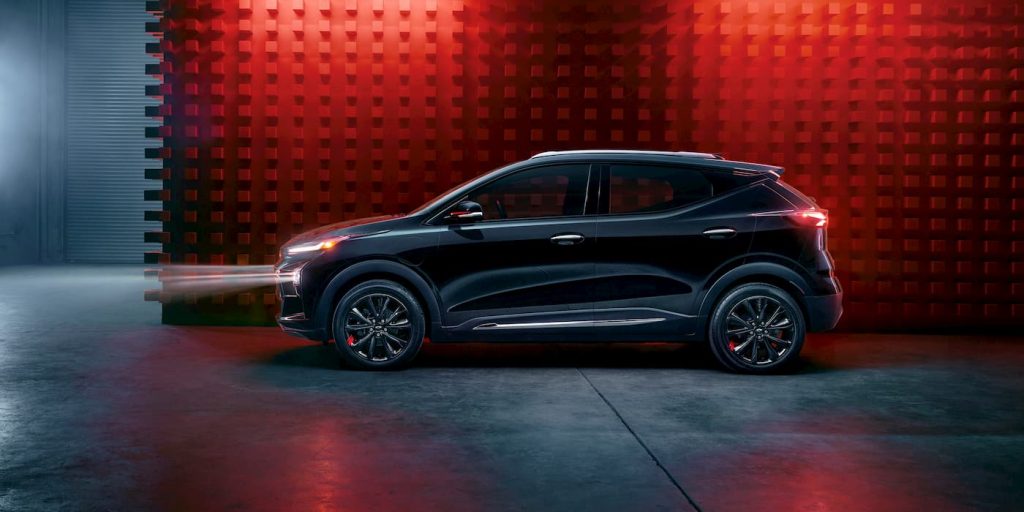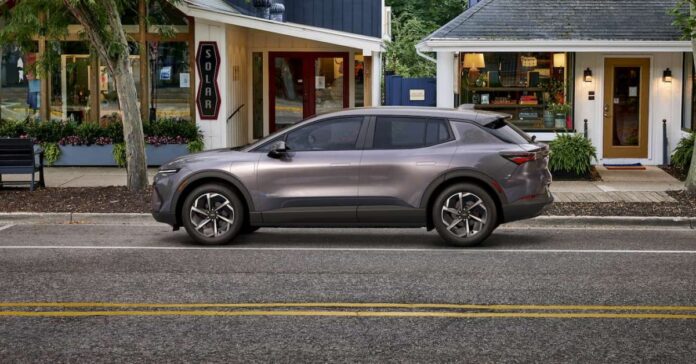General Motors (GM) is reportedly in talks with battery giant CATL to license its cheaper LFP battery tech. The plans could include a new joint North American plant to produce the new batteries.
After software glitches, freight delays, and other issues caused GM to miss its EV sales target in 2023, the company believes “production hell” is behind it.
CEO Mary Barra claims 2024 will be “the year of execution” as the automaker looks to get back on track.
GM is ramping up production of its Ultium-based models after it “turned the corner” at its battery factory in Detroit. With several new Chevy EVs rolling out this year, including the Blazer EV, Equinox EV, and Silverado EV, GM looks to build 200,000 to 300,000 Ultium EVs this year.
That would be around 20 times more than the fewer than 14,000 units sold last year. GM is also retiring its best-selling Chevy Bolt, at least in its current form.
With 62,045 Chevy Bolts sold last year, the electric car accounted for over 81% of GM’s EV sales. Barra confirmed GM will launch an Ultium-based Bolt EV next year.

It will offer “an even better driving, charging, and ownership experience.” According to Barra, it will be the first Ultium EV in North America to feature LFP batteries.
GM looks to CATL for cheaper LFP battery tech
According to a new report from CarNewsChina, GM is in talks with CATL to license its LFP battery tech. The plans also reportedly include building a joint North American factory to make the batteries.
Details are scarce, but the plant will likely be in the US or Mexico. It will be similar to the agreement between CATL and rival Ford. Ford announced a $3.5 billion investment last February to build a new LFP plant (BlueOval Battery Park Michigan).

The plant is expected to begin producing LFP batteries in 2026 to power Ford’s next-gen EVs. Ford reached an agreement with CATL to license its LFP battery tech. The American automaker will manufacture the cells with knowledge from CATL.
Under the GM deal, CATL would be responsible for building the production lines, supply chains, and other equipment while GM handles the CapEx.

GM CFO Paul Jacobson said the new Bolt EV will save the company billions by using LFP batteries.
Both automakers look to sidestep federal regulations requiring EV batteries to be produced in North America to qualify for a tax credit.
Electrek’s Take
If true, the news could be significant. For one, South Korean and Japanese battery makers dominate the North American market, with LG, Samsung SDI, SK, and Panasonic controlling 80% of the market.
However, these battery makers have largely missed the opportunity with LFP batteries while China’s CATL and BYD took control of the market. LFP batteries are cheaper to produce which could give automakers an advantage going forward.
Several automakers, including Ford and GM, have announced plans to introduce more affordable EVs as demand for lower-cost electric options climbs.
The Late Post claims CATL has reduced the cost of its batteries to 400 yuan ($55) per kWh, compared to 600 yuan ($83) per kWh with NCM batteries. This could translate to significant savings as American automakers look to cut costs and break even with EVs.


